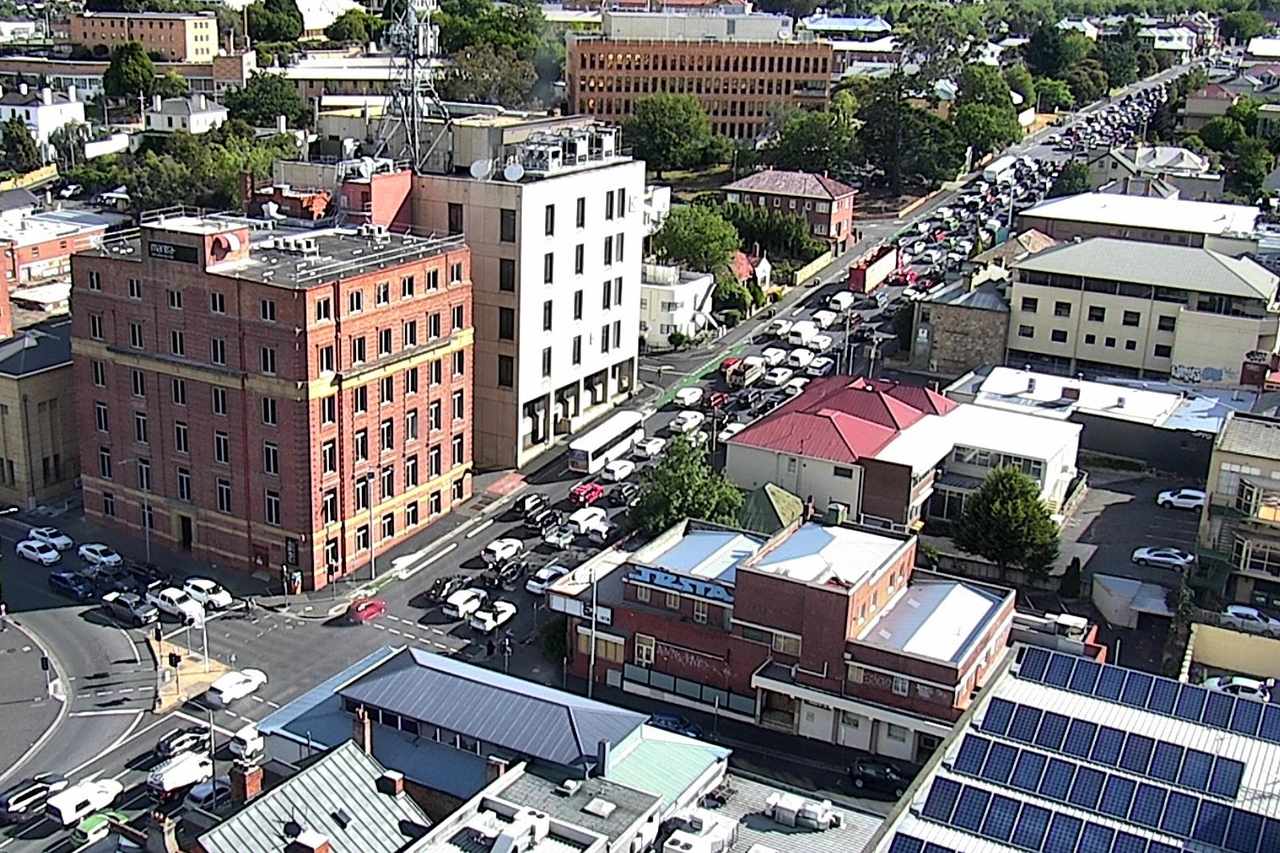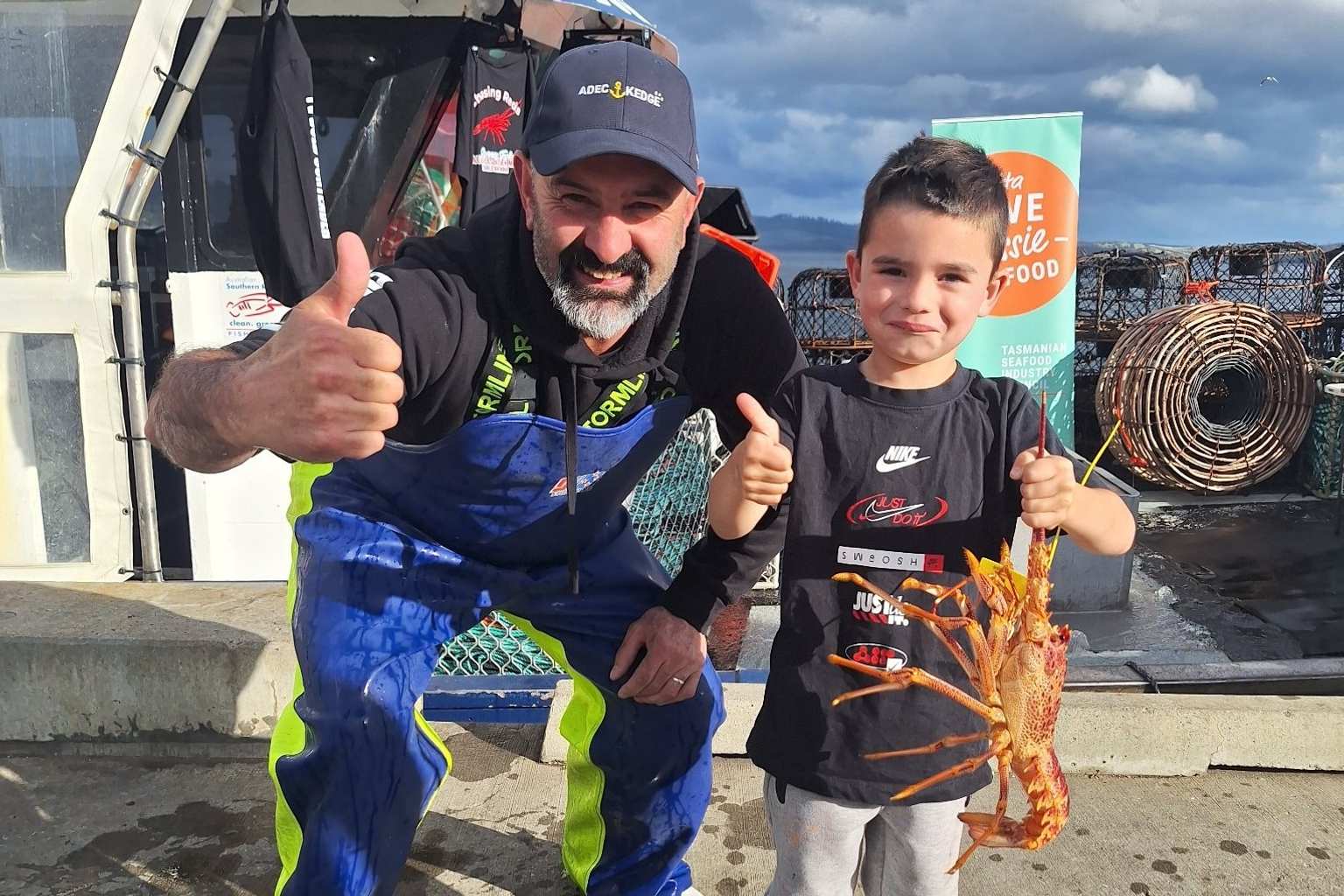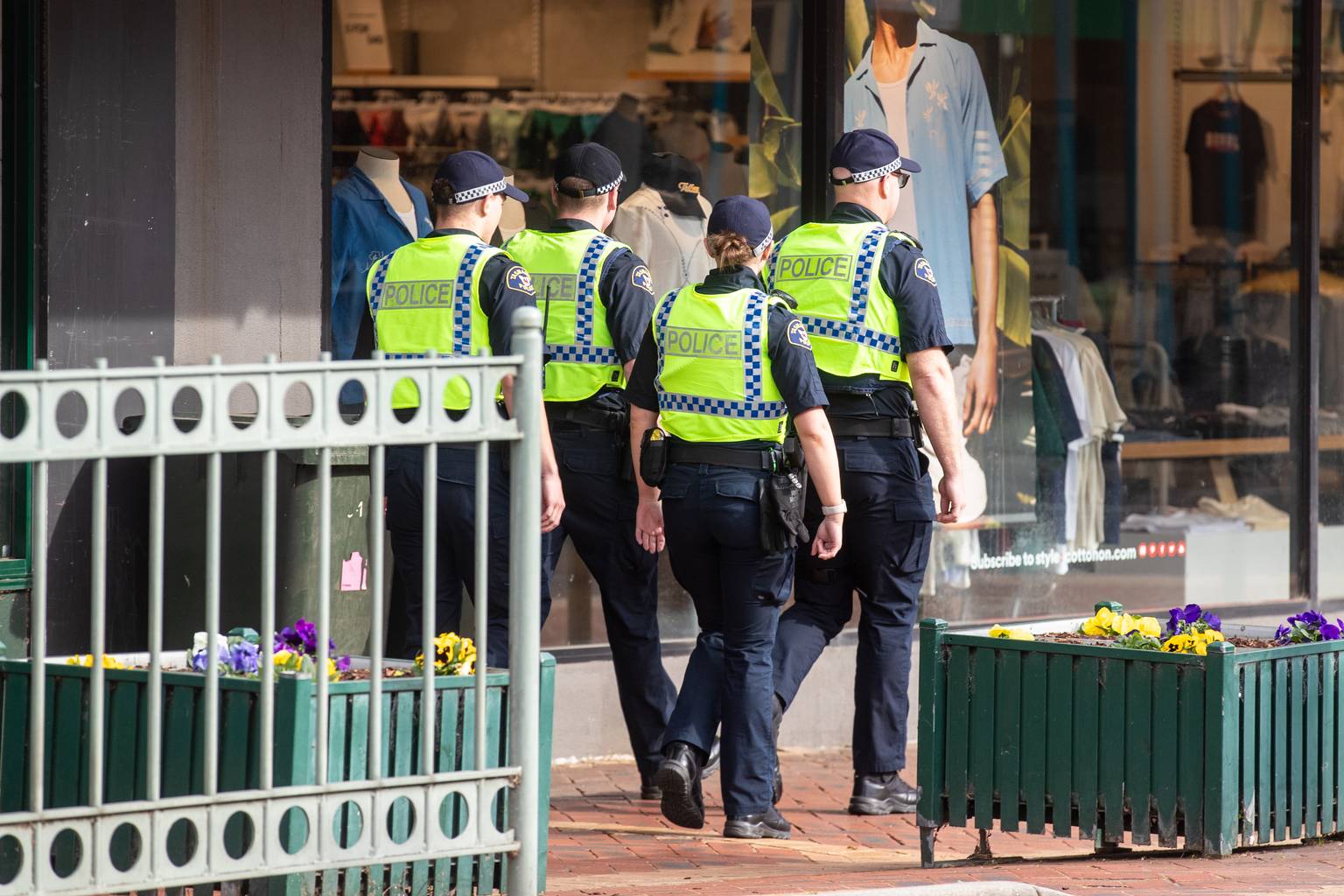A group of Tasmanian veterinarians and vet nurses have joined the campaign against greyhound racing, calling for an end to taxpayer funding of the industry by 2029.
The professionals say the industry is “unavoidably and unacceptably cruel”, with 24 vets and 14 nurses from across the state signing on to the initiative.
They argue that greyhounds are the “most systemically abused” and “delicately framed dogs”.
“We consider the industry to be archaic, outdated, inherently cruel, all in the name of so-called entertainment,” veterinary owner Dr Katrina Ward said.

“We care because we’re vets and animal welfare is the core of our profession.”
According to opinion polling by EMRS, 79% of Tasmanians support the withdrawal of taxpayer funding, with over 13,500 signing a petition to Parliament on the issue in 2022.

In response to the concerns, Tasracing CEO Andrew Jenkins said the industry has “rules, policies and other strategies in place to enhance animal welfare outcomes for greyhounds”.
“The industry has zero tolerance for any type of animal cruelty,” he said.
Tasracing Chief Veterinary and Animal Welfare Officer Dr Martin Lenz said there has been a “seven-fold reduction” in the number of greyhounds deceased or euthanased due to racing injuries since 2018.
Data from the Department of Natural Resources and Environment Tasmania shows 49 racing greyhounds died between January to September 2024.
25 of those were euthanised due to illness, age and natural causes.
“The reductions in on-track euthanasia rates over the last two financial years are attributable largely to the success of a two-pronged approach,” Lenz said.

“Firstly, a policy was put in place to ensure that all greyhounds that sustain serious but potentially repairable injuries, after receiving first aid treatment are transferred off course to a nearby veterinary centre, where the injury can be fully evaluated and treatment options established.”
“Secondly, industry funds were provided to assist in meeting the cost of treating these injuries.”
Lenz said a Code of Practice for Greyhound Welfare has been drafted, which will “set standards” for nutrition, health, behaviour, hygiene, kennels, transport and medication throughout the greyhound lifecycle.







